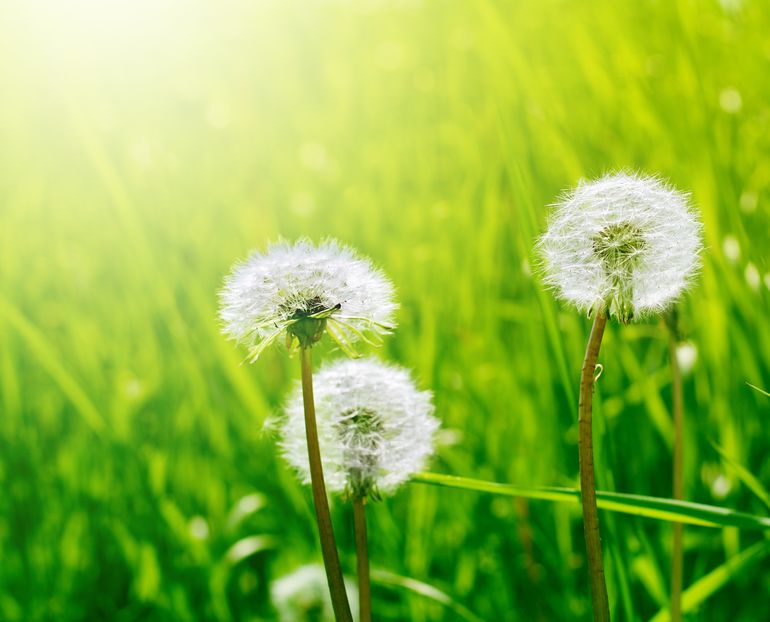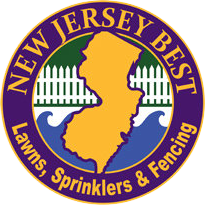
How To Choose A Great Fertilizer For New Jersey Lawns
: 5 Minutes to Read
The winter has been long and the return of sunshine on your skin is one of the greatest aspects of its disappearance. Of course, there’s also the arrival or lusher, greener lawns. With the right mowing, watering, and fertilization you can cultivate a lawn that will make your neighbors green with envy. No two lawns are the same so, a fertilizer that is right for you won’t be right for everyone.
Weeds & Things
There are many different issues that lawns in New Jersey face, including yellow-tinged, crabgrass, slow growth, and dandelions. The best defense for dealing with annual weeds is an aggressive offense. Granular fertilizers applied early in the season can prevent the weeds from germinating. It’s helpful if you water your lawn following the fertilizer application.
Dandelions and similar weeds can’t be treated until they appear. When we look at fertilizers that deal with this issue they are referred to as weed & feed. They eliminate the weeds while also offering nutrients to your lawn. You can’t apply this fertilizer until the weeds in question are actively growing. Additionally, once you apply this you can’t water your lawn for four days as it will wash the fertilizer away. Which means you also need to avoid using this fertilizer when there is rain in the forecast.
Fertilizer Knowledge
If your lawn is already established and you have no weed problems, then a fertilizer that is nitrogen-rich is ideal. This will encourage the blades to grow and keep them that lush shade of green.
How do you know whether it’s nitrogen rich? You will find three numbers on fertilizing packaging. They’re referred to as NPK numbers and it informs you what percentage of nitrogen, phosphorus, and potassium is in each bag. Nitrogen makes your grass green and lush. Phosphorus promotes growth and potassium helps your lawn resist disease and tolerate inclement weather.
In New Jersey, there are strict regulations in place about what fertilizer can be used. Zero phosphorus is allowed, though there are some exceptions. Additionally, as of 2013, New Jersey homeowners are required to ensure that 20% of fertilizer nitrogen is slow releasing. You won’t find any product on the shelves that don’t fall into line with these regulations, but it’s always best to check, especially if you plan to make your purchases online.
You should always test your soil before you apply any type of fertilizer. These tests are available in most garden centers. This will show you the NPK levels of your soil so that you can determine exactly which fertilizer is right for you. When you do apply fertilizer you should follow the instructions exactly. Remember, plants have different needs at different points in the year. Cool season grasses are at their peak in spring and fall, that’s when they need fertilizer most.
You want your plants to absorb the nutrients, and if you apply them at the wrong time or in the wrong way, they’ll wash away. If you do that, you’ve not only wasted your time and your money, but you’ve created a runoff that is harmful to the environment.
If you want to find out more about lawn care, get in touch with our team. We’re more than happy to assist.
Call Today To Find Out The Lawn Fertilization Option That’s Good For Your Location: 888-655-2967
